The new Ghostbusters makes all the right changes, but the series’ soul remains
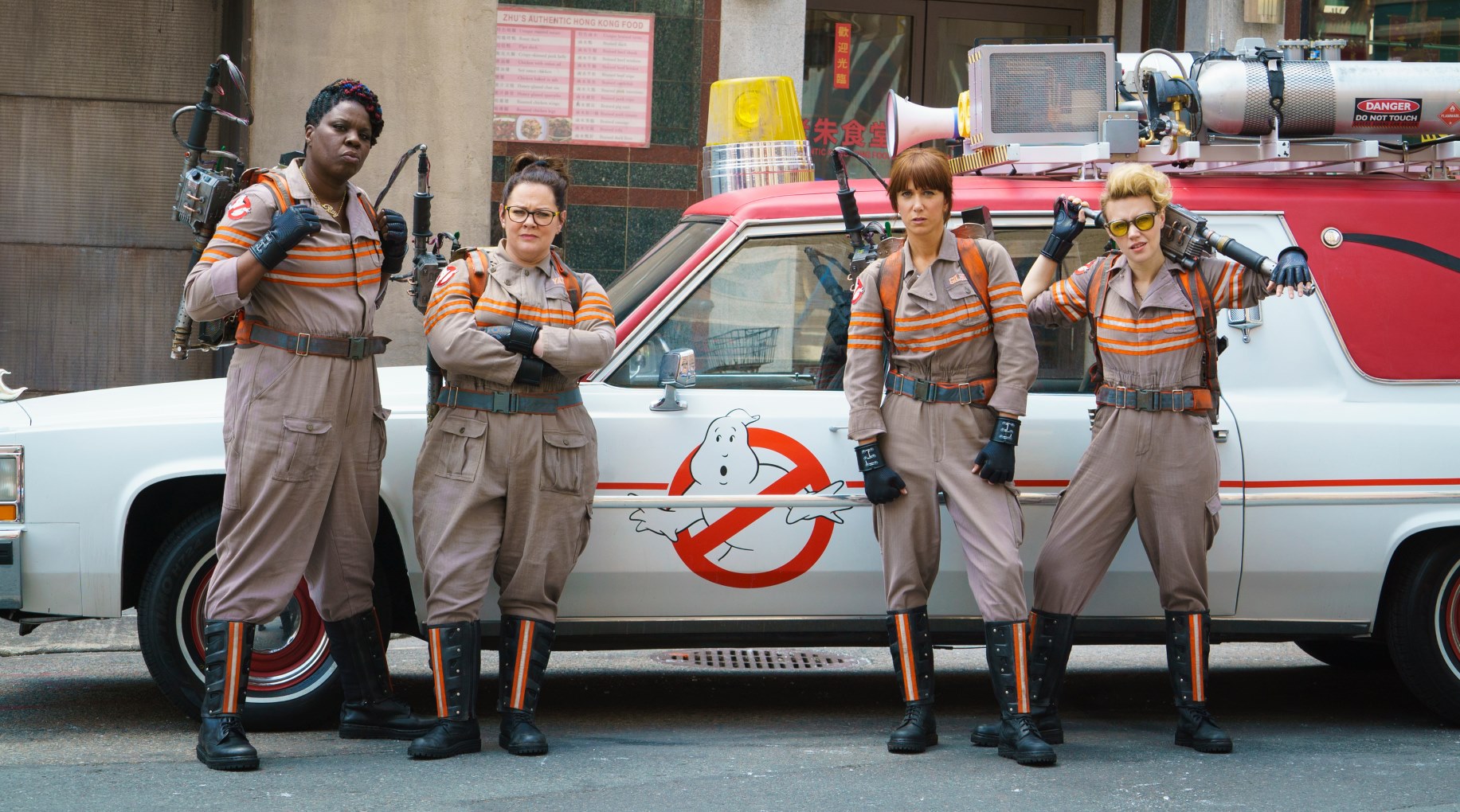
The new Ghostbusters is, in some ways, pretty different to the original films. Its sense of humour is slightly broarder and a touch more cartoony. Its focus on the team is, in contrast, somewhat more zoomed in, much of the film concerned with growing internal dynamics rather than external relationships or activities. There’s a slightly more domestic vibe to the set-up, with more prolonged scenes at the Ghostbusters HQ, and a much, much greater emphasis on exploring and explaining the progressive development of their tech. On one level, it blows things up to goofier proportions, on the other, it’s more intimate and detailed.
Everything from the logo, to the car, to the reason this new group even know each other - and have an interest in the paranormal in the first place - is convincingly rationalised, with thoughtful, methodical pacing, and with a fair old wedge of genuinely touching pathos, too. But at the same time, it’s also belly-laugh funny, often surreally so,
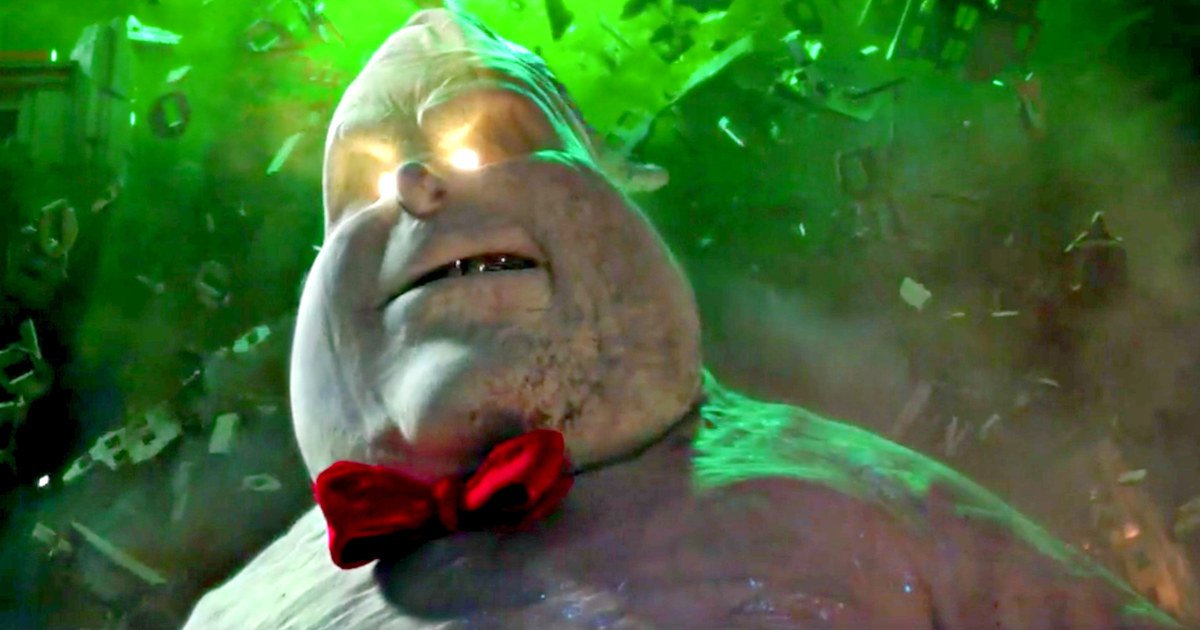
So it’s a film that, in a lot of ways, has a rather different feel. And that’s a good thing. Paul Feig’s Ghostbusters is brave enough to stand on its own, and it’s smart enough to know that it should. Reducing the scope for direct comparisons has always seemed at the core of the production’s ethos, and the movie delivers on that goal throughout, in many ways far beyond the obvious. It’s less a remake, more the cinematic equivalent of an insightful, affectionate cover version of a favourite song, or a modern reimagining of a great video game from years past. A tribute rather than a replacement, but one that nonetheless makes sure to translate the particular specialness of the original for a new audience that might have missed it.
Because, for all of its changes, Ghostbusters does remember the essence of the 1984 and 1989 movies. I’m not referring to the fire station, or the sound and feel of thrashing, weighty proton streams, or the texture of the slime, or the playfully nightmarish tangibility of the ghost design – though all of those things are executed with perfect precision. I’m talking about the more instinctive, affecting things that are the heart and soul of the series. The ideas, themes and atmospheres that linger with you long after you’ve watched either of the first two movies. The ones that stay with you your entire life, if your relationship with Ghostbusters is anything like mine.
I first became a fan, like many ‘80s kids did, via the Real Ghostbusters cartoon. I instantly fell in love with those more caricatured, family-friendly versions of the boys in grey, but it wasn’t long before I was watching the first movie on a regular basis via my friend’s VHS copy. I didn’t get half the jokes back then, of course. One of the great things about Ghostbusters is the way that it’s grown up with me as I’ve matured to understand more of it. The more adult gags, the more nuanced, character-driven one-liners, and the moments of genuine emotional pathos between all the cool ghost blasting, they all came later. But from the off, there was a lot of important stuff that resonated with me, even if my ten-year-old self only understood it ambiently at the time.
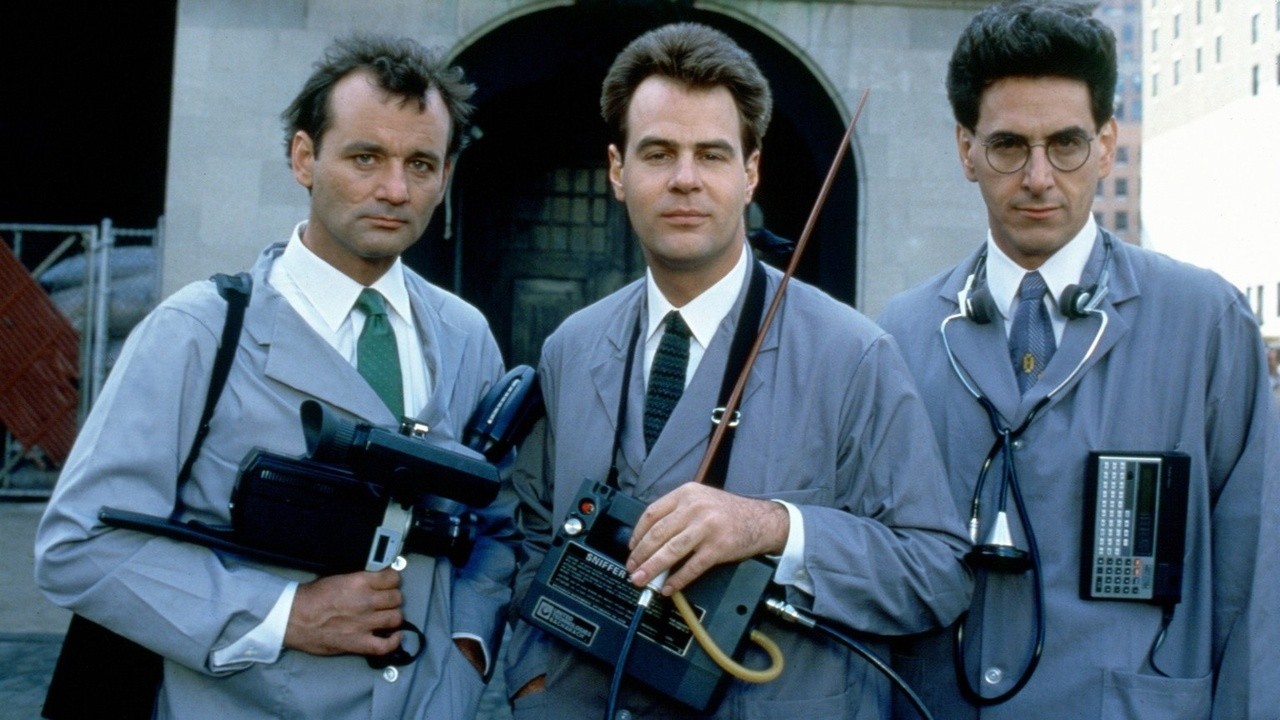
Foremost, there’s the sheer humanity of the films. For all of the uniquely realised, fantastical sci-fi at their core, these movies are character pieces about real, funny, flawed, determined people. Every single member of the team has something important to say, and there’s even more to hear when they speak as a group.
I was always an Egon kid, myself, though a lot of my friends favoured Peter for his sharp, overtly witty ringmaster persona. Egon though, worked for me from the moment he first complained that drilling a hole in his head would have worked out perfectly if the others hadn’t got in his way. Egon, you see, immediately appealed to – and most importantly, completely justified – the burgeoning, creative nerd in me. He’s a man passionately preoccupied with his intellectual interests, be they the paranormal, experimental physics, or something as joyfully mundane as fungus. But he’s also a man with the self-awareness and self-belief to use that as an advantage, not a limitation. He’s far from a boffin stereotype, and he has a killer, childish, self-effacing sense of humour whenever the moment allows.
Sign up to the GamesRadar+ Newsletter
Weekly digests, tales from the communities you love, and more
Peter, who like many things in Ghostbusters, appealed to me more and more as I got older, is in many ways an extension of what I love about Egon. He’s an intelligent, driven man, albeit one of more diverse passions, with an almost pathological will to never take himself seriously. He knows what’s important, and he’ll fight tooth and nail for it when he needs to, but along the way he knows that life is for living, and so has as much fun simply being Peter Venkman as he possibly can. He knows that he’s unconventional, but he knows he doesn’t need to be conventional. He knows what he’s capable of, and he does it on his own terms.
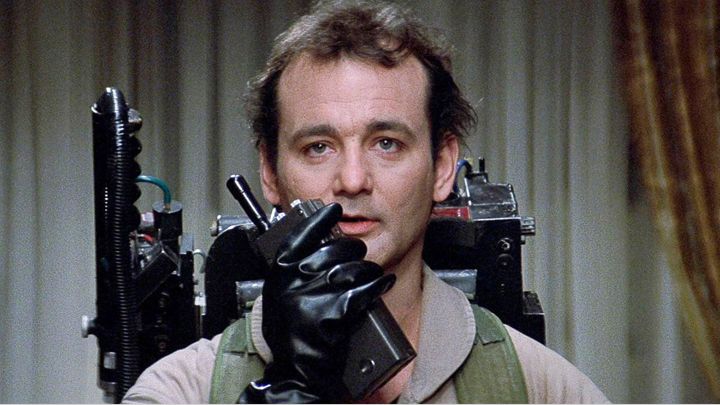
Ray is the warm, beating heart of the Ghostbusters, the big, excitable kid who’s as giddy about the good things as he is affected by the bad. He’s an honest, genuine man with no shielding, who lets all of his experiences run straight through him, and who – one would suspect – wouldn’t operate any other way if he was even capable of doing so. And Winston – although drastically pared down compared to the much larger role that Ernie Hudson originally signed up for – never felt like the token African-American, even though he kind of is. As a kid, I was never aware of those issues, of course, and so I just saw him as the other (much better) thing that he is. An open-minded, badass ‘normal’ who’s happy to step into a world of ludicrous dangers, trusting the weirdos at the centre of it all. Weirdos who immediately accept him and make him part of the team, without even questioning the differences in their backgrounds, academic or otherwise.
You might have noticed several references to trust and self-belief there. That’s no accident. Because really, that’s what Ghostbusters is about. Four unique, unconventional people, humanised by their quirks but never defined or limited by them, coming together to do what needs to be done, because they know that they can do it. And crucially, they do so despite existing in a world that really, really doesn’t want them to.
They’re discredited by their university and booted out into the cold. But they don’t give up. They’re only energised by the new possibilities. They’re publicly accused of being cranks, and have to fight and sacrifice to even exist, But they do that, because they know that what they’re doing is important, and that they all have each other to back them up. They’re arrested, discredited, painted as pariahs, and committed to a mental hospital. But they don’t slow down for a second. They never shy away from telling authority what’s really going on, and they never for a second lose sight of their position – their duty – as they guys who can fix it.
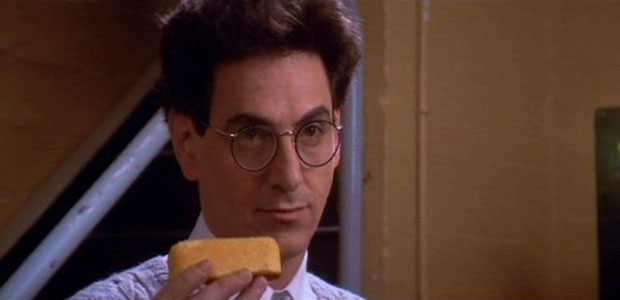
And they do all of this precisely because of who they are, and what they are together. Those personalities and performances make Ghostbusters funny, and exciting, and tense, but most importantly they make it real and affecting. Ghostbusters is about being the capable little guy who won’t shut up. It’s about resilience. It’s about knowing that differences make a difference, and that off-beat thinkers need more resolve, and more trust in each other, because they can do the job when the stubborn, established methods fail but won’t admit it.
And the new Ghostbusters absolutely nails that.
For all that it – rightly – changes, it is careful to translate that core right through every element of its new iteration. In fact in some ways it even improves upon the original movies’ methods. The abovementioned focus on how the group of university drop-outs really evolve into Ghostbusters – a journey quickly skipped over in the 1984 original – helps hugely, as does their portrayal as equally – if not more – unique misfits.
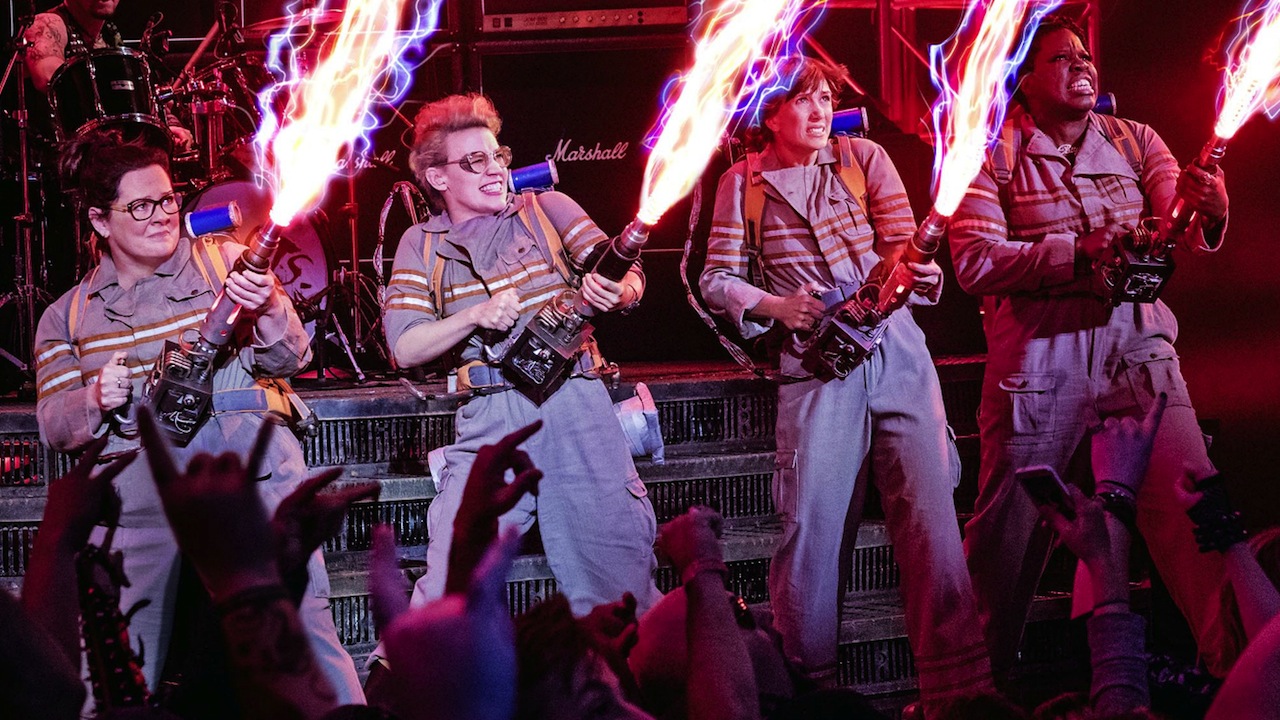
Tech-head Jillian Holtzmann, played with infectious charisma by Kate McKinnon, steals a huge number of scenes as a surreal, free-wheeling hybrid of Egon, Peter, and all three Animaniacs. But the balancing – and ultimately incredibly heartfelt - nature of her growing friendship with Melissa McCarthy’s Abby and Kristen Wiig’s more straightlaced, self-critical Erin (not to mention Holtzmann’s Spengler-style self-awareness about her own ridiculousness) progressively make her a key cohesive factor for the group rather than an outlying novelty.
Leslie Jones’ Patti almost immediately subverts early fears of a lazy, ‘Heeeell naw’ stereotype, rapidly realising the Zeddemore potential by finally steering into Winston’s intended role as smart, knowledgeable everyman, capable of things the others just aren’t, due to her greater understanding of the ‘real world’. And she’s no plot-convenient, random addition, either. Unlike Winston, she recognises her importance to the group before the group does, and beats her way in. And there’s nothing more Ghostbusters than that.
And the film takes its time over all of this. More time than the original did, certainly, with an extended early act structure that makes sure to give the group breathing space, before things get really weird. The original four Ghostbusters came to us pretty-much fully formed. Here, we get to understand why they are who they are, how certain key relationships came to be, and why all of that matters now. And, particularly around Erin and Abby, the film isn’t scared of throwing the odd, unexpected gut-punch.
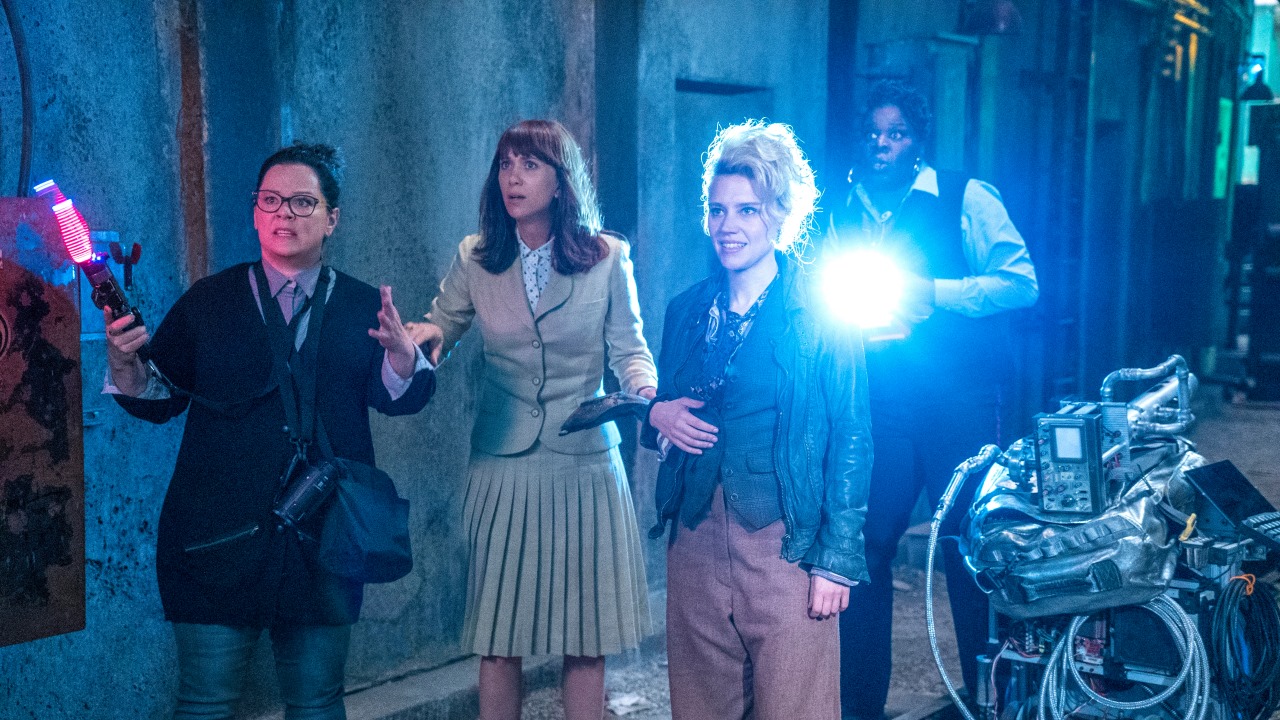
And that’s why, by the end of Ghostbusters, for all the changes, for all the slight but notable veering from the original films’ comedic tone, it felt like Ghostbusters. The body might have changed, but the spirit remains the same. We’re 32 years on, with a new set of ‘Busters facing a new threat, but the things that matter haven’t changed.
The characterisation and dialogue are warm, human, and sparky amid all of the fantastical shock and wonder. The real-world challenges of the doubtful establishment still work in tandem with the otherworldly threat at large. And a bunch of new, very real weirdos overcome it all in the same ways, with the same values, and the same self-belief. So no, the new Ghostbusters didn’t ruin my childhood. It just reminded me of exactly why that particular part of it was so damn important.
And you know the best bit? A whole bunch of new childhoods are now going to get the exact same thing.



